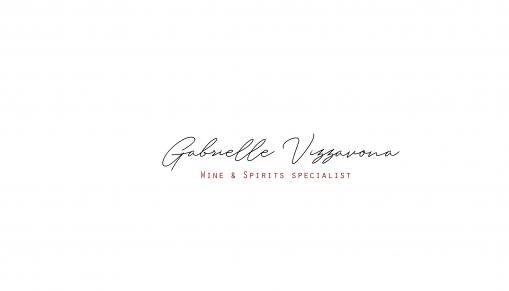Matthieu Le Priol, managing director of Lavinia: “Half of our customers’ choices are dictated by values inspired by ethics and a desire to safeguard artisanal producers”.
The Lavinia group, which boasts 7 wine stores in Europe including the iconic Parisian boutique located just a stone’s throw from the Place de la Madeleine, is celebrating its 20th anniversary this year. Matthieu Le Priol, the managing director of this ‘temple of Bacchus’ with its 6,500 product line-up, answers Wine Paris’ questions about trends in France’s wine market.
Gabrielle Vizzavona: What changes have you seen in the French market over the past few years?
Matthieu Le Priol: There has been a downturn in consumption which has benefited product quality and authenticity – the so-called “drinking less but better” trend. The changes we have noticed in the food market have been replicated with wine, but with a delayed impact. Consumers are looking for transparency and are asking for information about production methods and the person who made the wine. Putting a face to a product is very important. It requires a huge amount of work on the part of key influencers that are sommeliers who become the winegrowers’ mouthpieces. Organic or biodynamically certified wines are increasingly popular. Although half of our customers still buy a brand for its status symbol, the other half’s choices are dictated by values inspired by ethics and a desire to safeguard artisanal producers. This underscores the importance of having a broad-ranging selection, where there’s something to please all of our customers.
GV: Which appellations are fashionable in France?
MLP: Aside from the classic appellations – Champagne, Bordeaux and Burgundy – which drive business, other, more boutique appellations are increasingly gaining traction. These include Anjou, Terrasses du Larzac, Corsica and Jura-Savoy. There are two reasons for that. First, quality – a lot of hard work is being done by these appellations and young winegrowers are bringing relatively unknown grape varieties into the limelight. Their vision focuses more on quality over quantity, which has an impact on the way they work. Their way of sharing their passion is definitely praise worthy. Another defining feature is that they offer excellent value for money. Top Burgundy enthusiasts can find these wines hugely enjoyable, at more affordable prices.
GV: Have the French become more inquisitive?
MLP: Absolutely. They are keen to try new things and heed our advice when we showcase lesser known appellations. There are two profiles: the wine enthusiasts who have already built up their wine cellar and want to try new things based on personal preferences. Red Burgundy enthusiasts, for instance, will look for Coteaux Champenois. The second profile is the Millennial category – the 25/35 year olds – who have a real thirst for discovery but also financial constraints so they will seek out the best deals. They want to explore both French and foreign wines.
GV: Are foreign wines gaining traction in the French market?
MLP: Although still marginal, the segment is increasingly dynamic from one year to the next. People are extremely used to drinking local wines, but they also have a desire to get to know major European producer countries such as Spain and Italy, and are drawn to the exotic appeal of New World wines like New Zealand and the United States.
GV: How do you explain this?
MLP: Prominent foreign brands have worked very hard to market themselves in France. The grape variety also creates a gateway – Rhone Syrah enthusiasts, for example, will want to try New World Syrah. Demographics also offer an explanation: Millennials are more open-minded about the world, they have taken part in many cultural exchanges and so it becomes second nature for them to try foreign wines and cuisine from around the world.
GV: How do you think US President Trump’s decisions will affect the market?
MLP: I just hope it’s all bluff and an agreement will be reached before Christmas. I doubt it will last long. I’m worried for the wine industry, particularly for the small winegrowers who export a large share of their wines to the US and are the collateral victims of an issue they have no part in at all. In the short term, if it puts the French market back at the core of producers’ strategies, shows them its relevance and stability, and puts a curb on the unreasonable speculation surrounding fine wines, then it might even be beneficial. We have made a pledge to combat speculation and allow these wines to be drunk. We have decided to release some of our stocks so that they can feature on the wine lists in our restaurants at low mark-ups.
